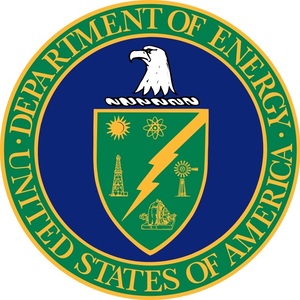The U.S. Department of Energy on Oct. 13 announced plans to award up to $1.2 billion to support the launch of a regional hydrogen hub located in California that will produce hydrogen exclusively from renewable energy and biomass.
The California Hydrogen Hub is one of seven regional hydrogen hub projects selected by the DOE to share in $7 billion. The seven H2Hubs, funded by the Bipartisan Infrastructure Law, aim to kickstart a national network of clean hydrogen producers, consumers, and connective infrastructure while supporting the production, storage, delivery and end use of clean hydrogen.
The California Hydrogen Hub is led by the Alliance for Renewable Clean Hydrogen Energy Systems LLC. The project will span the state of California and aims to provide a blueprint for decarbonizing public transportation, heavy duty trucking and port operations—key emissions drivers in the state and sources of air pollution that are among the hardest to decarbonize.
In particular, the California Hydrogen Hub will introduce clean hydrogen to heavy duty transport through carbon handing equipment and drayage to support the eventual conversion of maritime equipment t ports and prepare the port for the potential export of hydrogen.
According to the DOE, the California Hydrogen Hub will also launch the use of hydrogen for power generation, advancing energy security and more resilient systems through a partnership with the Rincon Band of Luiseño Indians. This partnership will use hydrogen to provide backup power to community well water pumps to ensure clean drinking water during power outages. The impact of the California Hydrogen Hub is amplified by the state of California’s strong policy and regulatory support for hydrogen including permitting, and, potentially, production and use incentives.
The project is expected to reduce carbon emissions by 2 million metric tons per year, which is roughly the equivalent to the annual emissions of 445,000 gasoline-powered cars. It is also expected to create 220,000 direct jobs, including 130,000 construction jobs and 90,000 Permanent jobs.
Additional information, including a full list of the seven H2Hubs selected to receive funding, is available on the DOE website.
